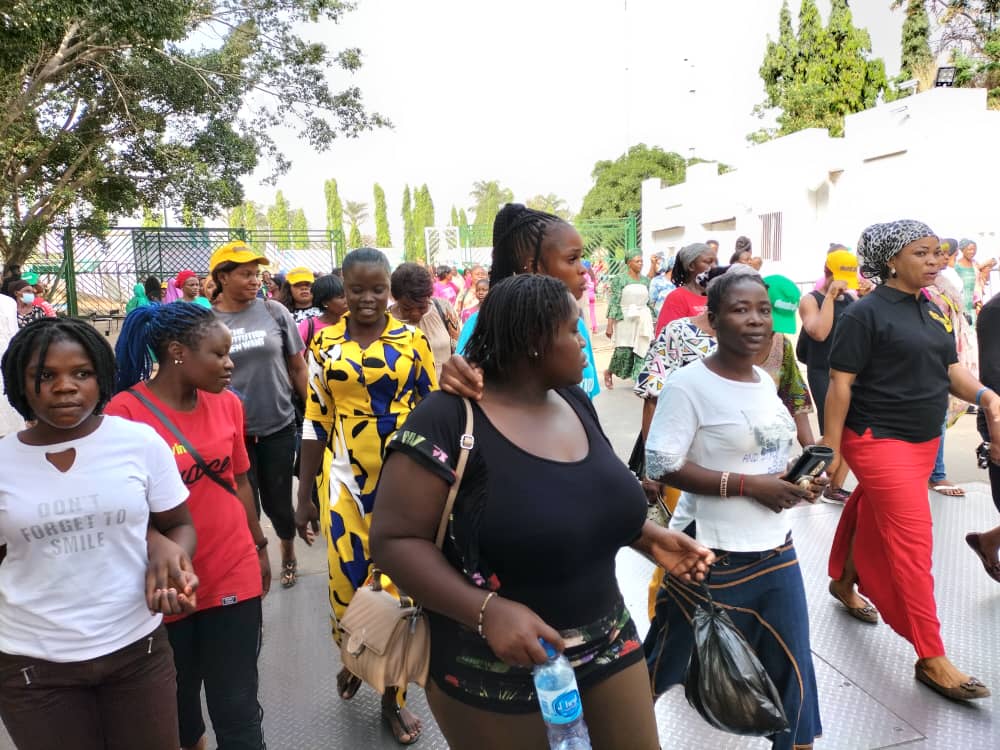On March 2, 2022, hundreds of Nigerian women gathered at the national assembly to protest the rejection of bills that guaranteed increased gender equality. All five bills addressing citizenship issues, reserved seats in parliament, affirmative action, and indigeneship — allowing women to become natives of their husbands’ states — were rejected by lawmakers who chose to kick off International Women’s Month with an almost-homogenous dismissal of women’s issues. While this is worrisome, it is not new.
On December 15, 2021, the Nigerian senate rejected for a second time the gender and equal opportunities (GEO) bill designed to secure the rights of women and girls in the country. First presented in 2016, most male lawmakers contested its usefulness. They argued that the Nigerian constitution already clearly upholds the rights of all women. These reasons, however untrue, have become the bedrock for the continuous rejection of pro-women bills.
Nigeria is far from being a gender-equal society. For a country where women are half the population, Nigeria has one of the lowest numbers of female representation, ranking 181st out of 193 countries with only 3.6% female representation in parliament. Women hold only 9.8% of local government seats, only 30.3% hold managerial positions, and Nigerian women rank 27.3% in the financial inclusion index…..
To read more, check full article on The Cable.

